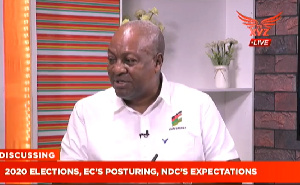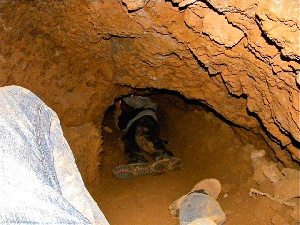Ghanaians in Israel Seek Safety Underground as Iran-Israel Conflict Escalates

As the escalating conflict between Iran and Israel intensifies, a significant number of Ghanaians residing in Israel are finding themselves increasingly reliant on the country’s extensive network of underground bomb shelters for safety. With missile barrages and air raid sirens becoming a grim part of daily life, the Ghanaian community, like many other foreign nationals and Israeli citizens, is navigating a challenging and anxious reality.
Reports from the ground indicate that life in cities like Tel Aviv is now dictated by the rhythm of phone alerts from Israel’s Home Front Command, sending residents scrambling for cover. These warnings often precede incoming ballistic missiles, a stark reminder of the unprecedented nature of the current hostilities. While Israel’s sophisticated defense systems, such as Iron Dome, David’s Sling, and Arrow, intercept many projectiles, some have reportedly bypassed defenses, causing damage and casualties in various locations, including Tel Aviv suburbs and even a hospital in southern Israel.
The Ghanaian Ministry of Foreign Affairs, through Minister Samuel Okudzeto Ablakwa, has confirmed that there are currently 922 Ghanaians residing in Israel, including 65 students enrolled in six universities. While no injuries or deaths involving Ghanaian nationals have been reported so far, the situation remains fluid and concerning.
The Ghanaian government has been proactive in its response, engaging in urgent diplomatic discussions with both Israeli and Iranian ambassadors to ensure the safety and potential evacuation of its citizens. The first batch of Ghanaians in Iran has already been successfully evacuated to Turkey, and plans are underway to evacuate those in Israel. However, the situation in Israel presents unique challenges due to the country’s state of emergency and complex border protocols.
Ghana’s embassy in Tel Aviv has scaled down its operations and is urging its citizens to maintain close contact with consular officials. Crucially, temporary access to bomb shelters has been arranged for Ghanaian nationals while evacuation arrangements are being finalized. For many, these underground shelters, ranging from purpose-built community spaces to reinforced rooms within buildings, have become temporary havens from the dangers above.
The scenes in Israel, where civilians are seeking refuge in public shelters akin to those used in wartime Europe, underscore the severe impact of the conflict on everyday life. Reports detail thousands of people, including foreign residents, being stranded outdoors during missile alerts or facing challenges in accessing existing shelters.
The Ghanaian government has reiterated its call for restraint and peaceful dialogue, urging both Israel and Iran to commit to an immediate ceasefire and pursue diplomatic solutions. For the Ghanaian community in Israel, the hope remains that these diplomatic efforts will yield swift results, allowing them to return to a sense of normalcy or to be safely repatriated to their home country. Until then, the underground shelters remain a vital, albeit stark, symbol of their resilience in the face of an escalating regional crisis.
Watch the video conversation between Kofi Adoma and a Vice President of Ghanaian Community in Israel below:
Source: http://thepressradio.com





